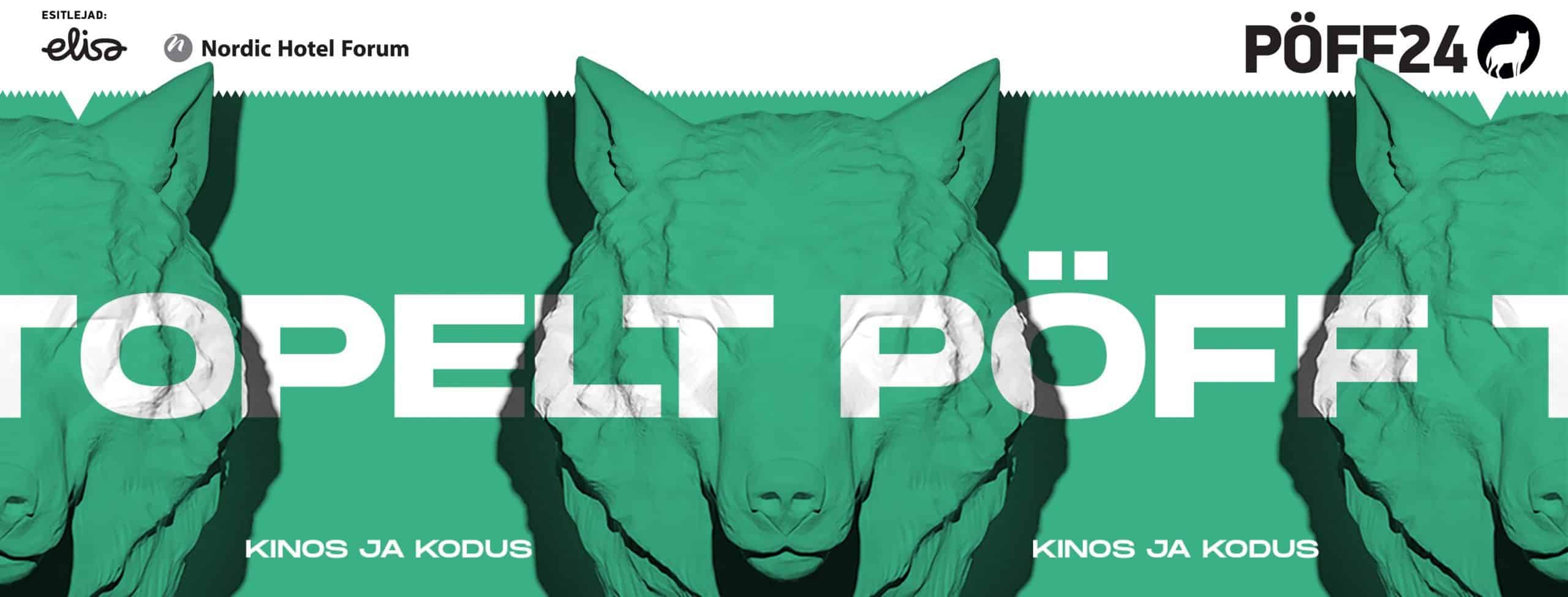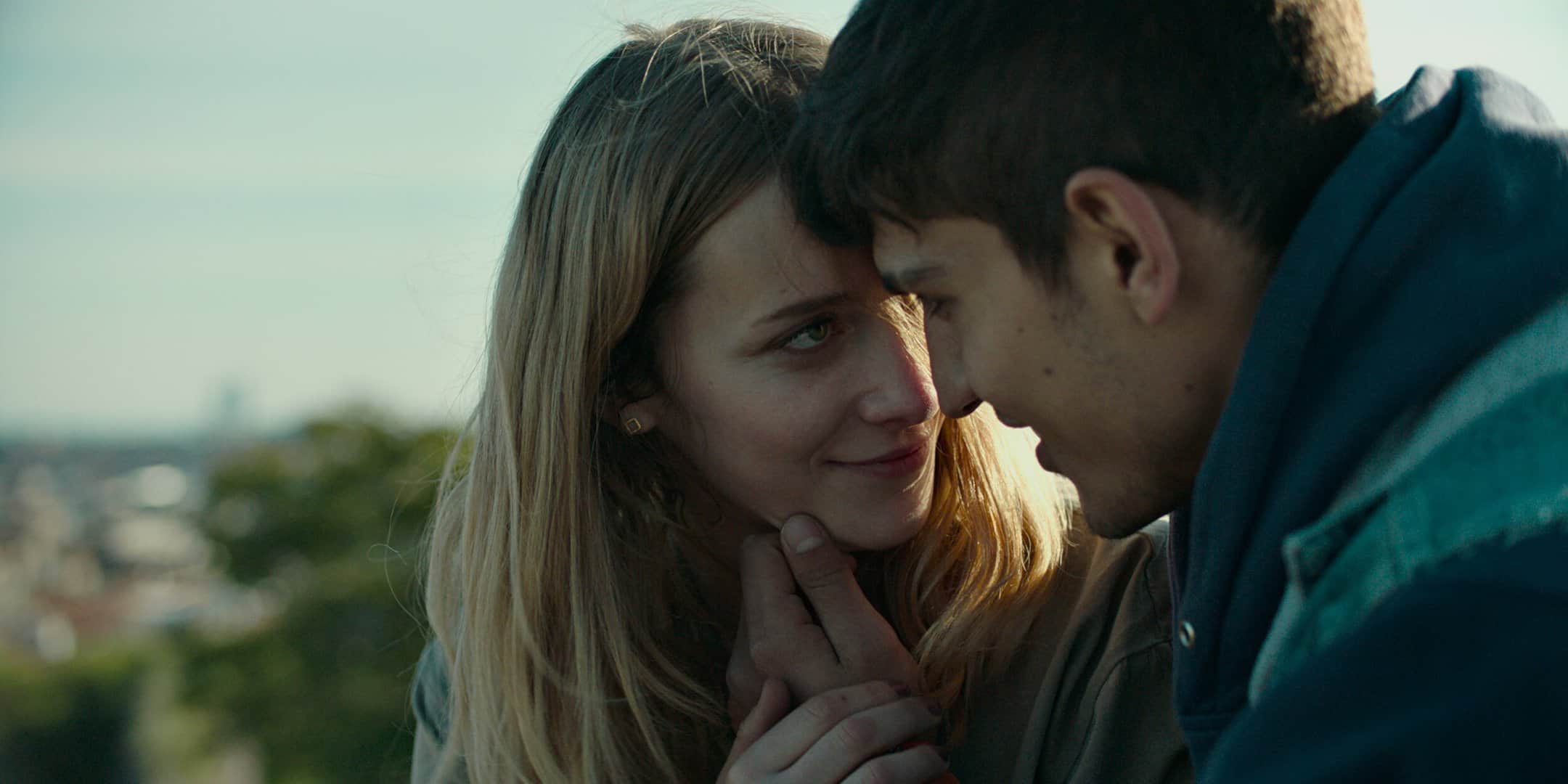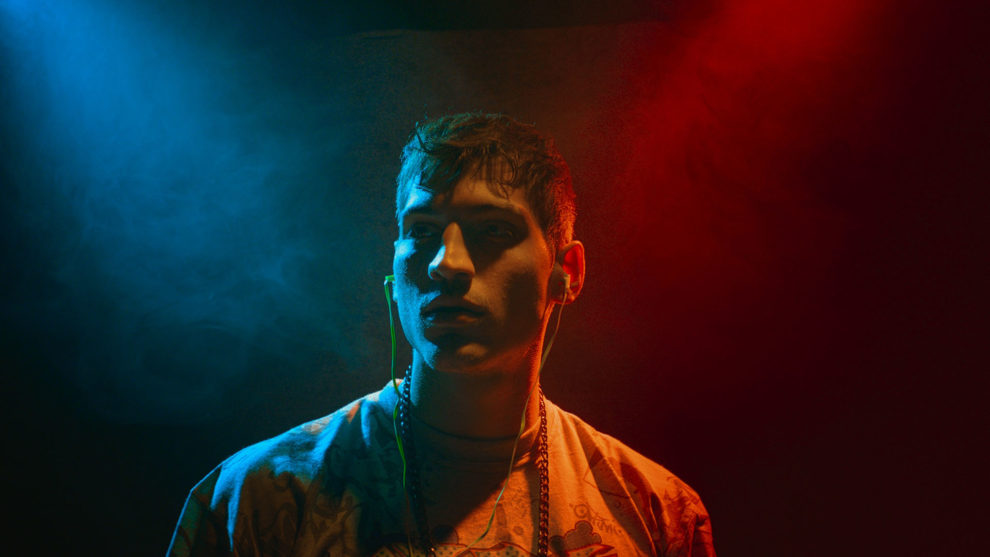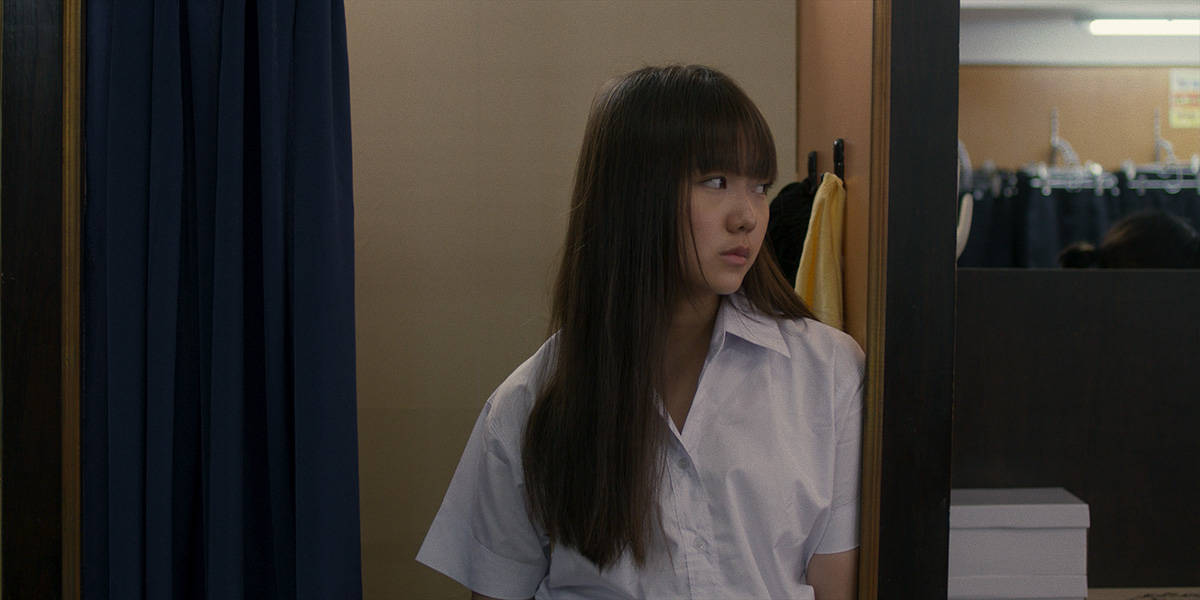At night, Fehmi (Oktay Cubuk) is rummaging though his father's and brother's belongings in search for money. Like many youngsters from his neighborhood, he's hooked on bonsai, a dangerous type of synthetic cannabinoid deadly drug used by 1/3 of 1,5 million Turkish addicts. As graffiti sprayed on a wall close to Fehmi's house explains – “There are no airports in our hood, but everyone is flying high”.
“When I'm Done Dying” is screening at Tallinn Black Nights Film Festival

Fehmi could literally fly high if he had the strength to kick his habit. He is lucky in love and his rap band “Hakikat” was noticed by a big producer who's interested in recording their first album. But Fehmi's flying only in one direction – downwards, spiraling with great speed towards the hard concrete of Istanbul.
Nisan Dag's sophomore long feature film “When I'm Done Dying” which competes in the official selection of Tallinn Black Nights (PÖFF) is inspired by the hip-hop culture from Istanbul's slums that Dag got acquainted with whilst shooting a documentary for MTV. In her director's statement, she's speaking of rap music that was first embraced in the slums before it became popular nationwide and about the extreme “dichotomy between the young generation that worshiped Tupac and dressed like Nicki Minaj, yet attended Friday prayer at the local mosque, and had parents who wore full hijabs.”
We don't get to see much of the fictive slum Karacinar, except few streets the titular character always ends up stumbling through, completely wasted. And although we occasionally see him sharing a cigarette with a local prostitute, or running into his friends with similar addiction problems, we get the best picture of slum-life through a decent dose of good rap with lyrics depicting Karacinar neighborhood – its hardships and the problems the forlorn youth is facing daily. Behind music in the film are Da Poet, one of the best beat-makers and MCs in Turkey, and the star rapper Ohash and MC Hayki have contributed to the rap lyrics used in the film. With music playing a very important role in the story-development, there is a number of memorable stage performances and clubbing scenes.
They all made sure that Fehmi's biggest fear vocalized in simple statement: “I just don't want my music to be mislabeled as avant garde” doesn't come true. The soundtrack from the film will likely strike a large audience.

When the love story is introduced by the arrival of a 25-year-old Devin (Hayal Koesoglu), the tone gets lighter for a short period of time, giving hopes of better prospects for Fehmi's future. Because this would be too simple or naive to expect, things don't turn the way both young people believed they would. Although they share similar interests, at least in terms of music, Fehmi's substance-fueled jealousy, the class-gap and different expectations will turn their relationship toxic.
Nisan Dag paints a very realistic picture of poor neighborhoods doomed to pass their younger generations a life deprived of fair chances. Poverty is their companion from the cradle, poor education and low-paid jobs almost always a certainty.
“Here people die when they are alive too” is a sentence that will stick to one's mind, even if it comes from a junky trying to justify his habit. The drug-inflicted hallucinations the main protagonist is going through are given in excellent animations done by Sabina Kim and Nils Andersen of “Kim & Him”.
A big mention goes to the support cast, particularly to Eren Cidgem who plays Fehmi's rap partner Yunus, Ushan Cakir in the role of Fehmi's brother Erdem and Müfit Kayacan as the loving father.















